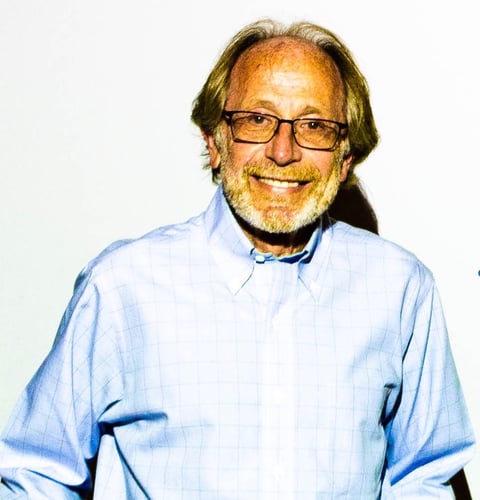Life often interferes with our dreams. Fifty years ago, I was certain that I would spend my working life at a newspaper or magazine, covering Japan in some way, while living in a brownstone in Manhattan. Back then, I also didn’t give much thought to having children or grandchildren, what that would mean or how that would feel. Still, I was sure that I would marry someone beautiful and wonderful. At least I got one thing right early on at Columbia, I met Jennifer, who was at Barnard and sat next to me in Comedy class. We married, and she remains the love of my life. The brownstone transformed into a house in Larchmont, NY, where we raised accomplished and warm-hearted twin boys, Eric and Noah. And we eventually would discover the pure joys (and challenges) of having grandchildren. As for Asia, I found my language skills wanting, so that ambition waned. Ironically though, Noah fell in love with China, married a Chinese woman and they and our grandkids, Jacob and Emma, live in Shanghai, where he does strategy for a U.S. medical device company. After visiting there too many times, I admit to having lost my fascination with many things Asian: mostly we just miss our grandkids and hate jetlag.
For awhile, Covid made things that much more difficult on so many levels. Eric meanwhile lives in D.C. and focuses on human rights and health equity issues at Georgetown Law. As for journalism, I did go to Berkeley and got a master’s, but became impatient with journalism as a profession. So I turned in my press pass while freelancing features and book reviews and sampling other writing jobs. Ultimately I discovered a satisfying career in writing and editing – but one with more regular hours, time for family and better pay. I worked for five years at WNET/13 (PBS) as a publicist for Bill Moyers' Journal and other programs, and then was responsible for editorial projects at the station. I spent the next 20 years learning about pharmaceuticals and writing about patients and scientists as head of communications at Bristol-Myers Squibb. Corporate life can have its ups and downs. So when they told me to fire half my staff, I asked to be put on that list as well.
On my own ever since 2002, I’ve been writing and editing for dozens of clients – especially speeches and feature articles for journals -- as well as spending four years completing two memoirs, one of Charles A. Heimbold, Jr., a retired pharmaceutical company CEO ("A Life Lived Full," 2015) and the other of his wife, Monika Heimbold, a retired clinical social worker and a co-founder with Queen Silvia of Sweden of the World Childhood Foundation that focuses on child trafficking and exploitation ("Designing a Life," 2016).
Most recently, I have spent five years researching and writing "Painful Joy" (Amsterdam Publishers, 2022), part memoir, part biography, part genealogical mystery, a story focused primarily on my parents, Polish Holocaust survivors who lost everyone in their families during the war, survived the camps and then met and married in Sweden. My sister and I were born there. We emigrated in 1952 to the U.S. Like so many other survivors, they spoke very little about their past, though the horrors they survived were always apparent.
So I decided to finally find out more, about who they once were and what they might have become, and about their survival and its after effects. It turned out that their story was more complicated, more compelling, more heartwarming and heartbreaking than I ever imagined. And as to what they told us, I discovered that they were mostly reimaginings of their complicated realities. And I came to understand better the effects of their survival on my own existence - and indeed on broader themes that their lives and journeys reflected.
The moral of this tale? I suppose when you grow up in Coney Island, a block from the ocean, you get used to looking out onto vast horizons of sea and sky. But what you still can’t see is the shape of the future.


